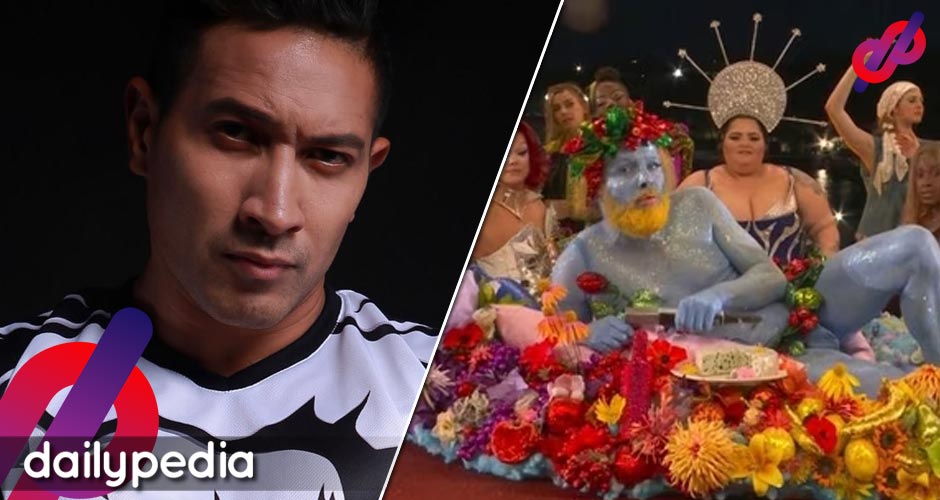However, the scene in question was not intended to depict ‘The Last Supper.’
Former ‘It’s Showtime’ host Eric ‘Eruption’ Tai has expressed his disapproval of a performance at the Paris Olympics 2024 opening ceremony, which he perceived as a “mockery” of Leonardo da Vinci’s ‘The Last Supper.’

In a Facebook post on Saturday, July 27, Tai shared his excitement for the Olympics, only to be disappointed by what he saw as an imitation of the famous mural by some drag artists.
“I was excited watching the Olympics.. UNTIL I SAW THIS???? And there is a child there too!!! WHYYY???” Tai wrote.
“As a national athlete and follower of Jesus Christ, it is a disgrace to see such evil displayed publicly! Especially at a prestigious world celebrated event like the Olympics,” he added.
However, the scene in question was not intended to depict ‘The Last Supper.’ According to an official post by ‘The Olympic Games’ on X, the performance was an interpretation of the Greek God Dionysus and the festival of Bacchanalia, linked to Bacchus, the Roman god of wine.
“The interpretation of the Greek God Dionysus makes us aware of the absurdity of violence between human beings,” read the Olympic Games post.
The correct reference for the performance is Thomas Couture’s painting ‘Les Romains de la Decadence’ from 1847, not da Vinci’s ‘The Last Supper.’
In his post, Tai further expressed his frustration: “Mga tanga… eto yung tamang reference. Si Dionysus, more popularly known for his Roman iteration, Bacchus, and the festival associated with Bacchus, the Bacchanalia… a festival which predates Jesus and the last supper by at least 200 years. Ambobobo. Pucha. Magbibilang nalang di pa magawa ng maayos. 12+1 ba yung dami ng tao na nasa picture?!? Allergic talaga me sa mga low IQ. (painting: les romains de la decadence, Thomas Couture, 1847).”
He concluded with a somber note, “This is absolutely nerve-racking and heart-breaking! The world lost today!”
Despite Tai’s strong reaction, the clarification from The Olympic Games highlighted the artistic intention behind the performance, emphasizing its focus on the absurdity of human violence through the lens of Greek mythology rather than a religious depiction.





